The MT Soul

by Joe Reid
Brothers and sisters, I am quite simply over the moon. I feel rewarded and fulfilled due to what I just witnessed. Above all else, I feel something that I haven’t felt in a while as a lover of Star Trek. I feel respected. As I enjoy the last few sips of my cocktail, I take pleasure in divulging my thoughts on “The Ultimate Computer”. It was very good! The end.


Liquor infused levity aside, I suppose I am obligated to expand on my thoughts. The episode got off to a roaring start, with the Enterprise arriving at a space station with a visibly upset Kirk having been summoned to that station sans explanation. When Kirk asked for an explanation, he was told that his explanation would be beamed aboard. Commodore Wesley beamed in, someone who both Kirk and Spock appeared acquainted with. Wesley told them that they were to participate in war games to test a new computer that would be installed on the Enterprise, replacing most of the crew. Twenty crew members would be left aboard.
After the new M5 multitronic unit was installed, shrinking the crew, we met the tall and off-putting Dr. Richard Daystrom, creator of the M5. He was a man lacking several human pleasantries, in that he was dismissive of people but very focused on and protective of the M5. The two most human members of the crew, Bones and Scotty, caught Daystrom’s ire in the subsequent exchanges, demonstrating his preference for machines over men.

The new sheriff in town.
As the new M5 equipped Enterprise started its tour, it made a trip to a planet. M5 took extra initiative, navigating the ship into its orbit and even picking assignments for an away team. It excluded Kirk and Bones, who it deemed to be unnecessary for the mission. This bothered Kirk, who was already feeling put upon, having a computer taking on more of this job than he surmised. The M5 also started turning off parts of the ship that were absent of crew members for some unknown reason.
Leaving the planet, the ship found itself under a sneak attack as a part of the war games Wesley had planned. The M5 took complete control of the Enterprise, dispatching the attackers swiftly with weapons at 1% power as the exercise demanded. This earned the M5 a success report from Wesley and Kirk a (perhaps joking) slight from the commodore, when Wesley called Kirk Captain “Dunsel”; dunsel referring to a part on a ship that serves no purpose.

"Good job, Captain Useless!"
Things were looking good for the M5 and Daystrom was very pleased with the outcomes, while Kirk flirted with depression at the thought of the day’s events. It was at this time that the M5 took a bad turn, starting by its destroying (unprovoked) an automated ore freighter. The crew quickly became adversarial toward the M5, which now had completely taken control of the ship. All efforts to get control back from the rogue computer failed, even costing an engineer (not Scotty, thank heaven) his life.

Posthumous hazard pay is in order.
Daystrom was undeterred in his defense of his creation, not wanting to disconnect the M5, a sentiment which didn't change even as the real war games started when M5, using weapons at 100%, utterly defeated a group of starships and killed everyone on the Excalibur. Daystrom didn’t even try to stop his creation until the M5 was threatened with destruction by the other ships.

Here comes the Piper.
In the end, it took Kirk, using his ironclad logic against the M5, which contained Daystrom’s embedded fears but also his morality, to prevail. He prevented an attack not using the wizardry of technology, but by trusting in the intelligence, will, and heart of men. Proving that spaceships still need men at the helm.
I loved this episode. It had great acting, fantastic camera direction, an intelligent original story, and best of all, there was little to no exposition to explain what was happening to the audience. We had to infer what everything meant based on the story elements provided. Again, it was very good.
5 stars.
Homo ex machina

by Gideon Marcus
Star Trek, like much science fiction, often tries to convey messages in its stories. Sometimes, it does so hamfistedly, other times contradictorily. In "The Ultimate Computer", the show presented not one, but two themes simultaneously, and did so with subtlety and cleverness. Bravo.
Firstly, "Computer" addresses the specter of automation. The episode does not endorse Luddism. It is clear that someday at least some of the 430 jobs on the Enterprise will be performed by computer–indeed, halfway through the episode, the ship comes across a completely robot-controlled DY-500. In other words, M-5's revolution is not the automation of spaceships, but the next development in their automation.
The dialogue between Bones and Kirk on the captain's impending obsolescence, as well as the undercurrent of tension between the captain and Commodore Wesley (who puts on a blustery front, but probably is no happier about M-5's ramifications than Kirk), are some of the best parts of the episode.
It should also be noted, that whenever computers have gone amok, it is not their fault: in "The Changeling", Nomad's functioning got cross-contaminated with Tan Ru's. In "Court Martial", the ship's computer is deliberately tampered with by Ben Finney. Even Landru in "Return of the Archons" only did what it was programmed to do. In other words, computers are useful, inevitable, and desirable tools.
But this is not just a story of steam replacing sail, or iron horses replacing ponies. It's about what happens when too much reliance is placed on automation without sufficient involvement of humans. It's a cautionary tale in the same vein as Failsafe (the book or the movie). No matter how sophisticated computers get, or what shortcuts their developers take to leapfrog their development, in the end, humans are necessary–to guide them, to control them, to maximize the utility of them.

The missing link–sane oversight.
One can quibble over details; this story was told in a dramatic way so as to get its point across in 50 minutes, and in doing so, there are some inconsistencies and some let-downs (the final confrontation between Kirk and the M5 is about two exchanges too short). But for me, "The Ultimate Computer" feels like a return to form, one of the rare episodes of the second season that recaptured the essence of the first in feel, in technical proficiency, and coherence.
Four and a half stars.
Annoyingly Predictable

by Erica Frank
The M-5 is supposed to be able to run a ship normally crewed by four hundred with just 20 people. Of course, that turns out to be a lie, not because it can't, but because it doesn't bother with little details like, oh, following regulations, obeying the captain, and not killing people.
How the hell did this computer get approved for take-control-of-a-starship testing? And when Daystrom started to make excuses for it ("You don't shut off a child when it makes a mistake!"), why didn't Kirk immediately reply with, "You don't give a child command of a starship, either. And if a child grabs control of the family car and rams into another car – you don't let the child keep control. Shut this off NOW, or we'll start shooting our phasers into its circuit banks."
("But that would leave us floating dead in space!" he might answer. And Kirk could respond, "I'm sure someone will be along shortly to pick us up.")
Instead, Kirk lets it keep control long enough to kill over 60 people before getting Daystrom out of the way. Then he manages to use third-grade logic to get it to shut itself down: "What is the penalty for murder?" "Death." (Except we know otherwise – the only crime in the Federation with a death penalty was visiting Talos IV.) Unable to cope with the awareness that it violated its internal morality, it collapses.
…Where was that logic when it was shooting at the other ships? Why didn't the super-computer recognize the "laws of God and man" before it had broken them? Why didn't Kirk insist Daystrom talk it out of shooting before it had killed anyone? Shouldn't its logic work faster and more efficiently than a human's?
But we wouldn't get much story if the M5 had immediately recognized it was stuck between "defend myself" and "kill humans, whose protection is my purpose." So it couldn't notice that until the damage was done, its creator was unconscious, and Kirk was earnestly explaining exactly what it had done wrong.
As Snoopy might say: Bleah.
Just as dull as all the "psychic powers create sadistic manipulators" stories.
The acting was good. The story pacing was good. The explanations of the technology were good. Yet another "I liked everything but the plot" episode. Two stars.
Hey McCoy – got another Finagle's Folly lying around? I could use a drink.

"Here's to Erica, at least."

![[March 14, 1968] Bugs in the machine (<i>Star Trek</i>: "The Ultimate Computer")](https://galacticjourney.org/wp-content/uploads/2023/03/680314title1-672x372.jpg)

![[March 12, 1968] Be Seeing You (<i>The Prisoner</i>)](https://galacticjourney.org/wp-content/uploads/2023/03/680312a-672x372.jpg)


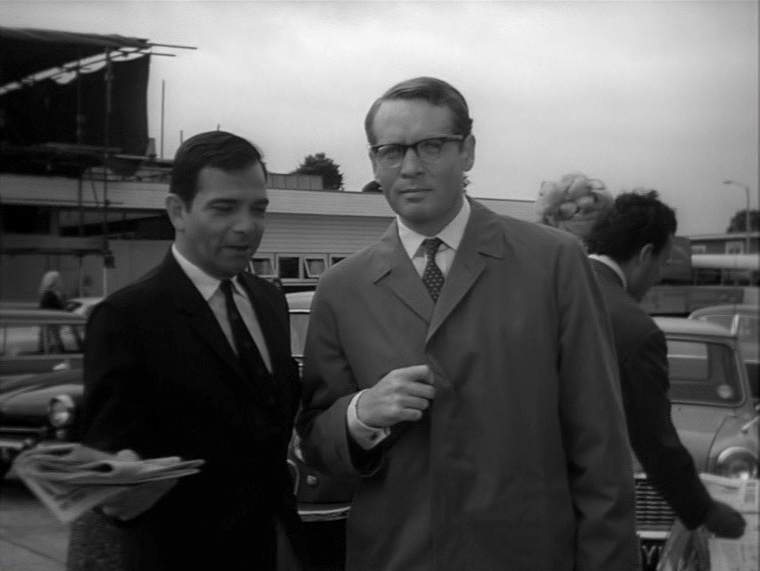
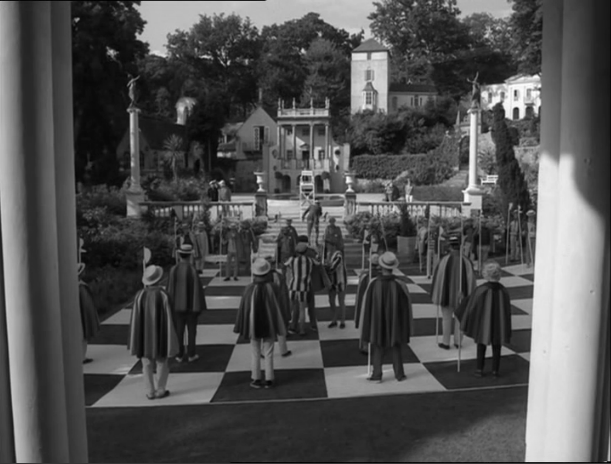

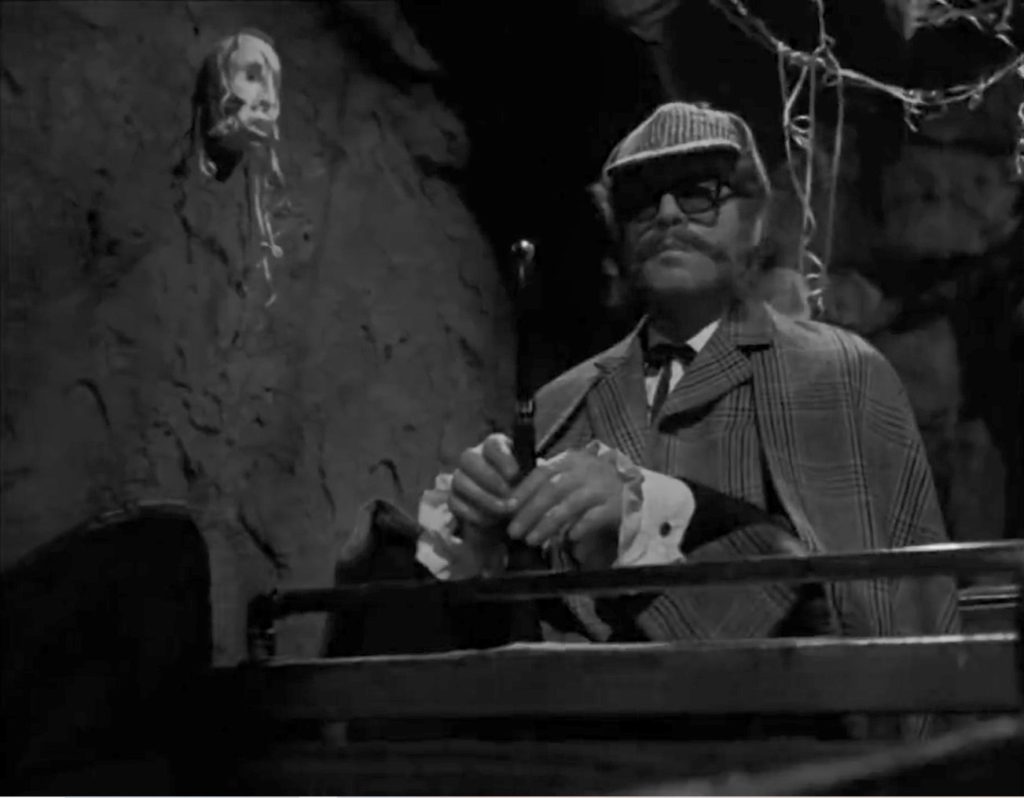

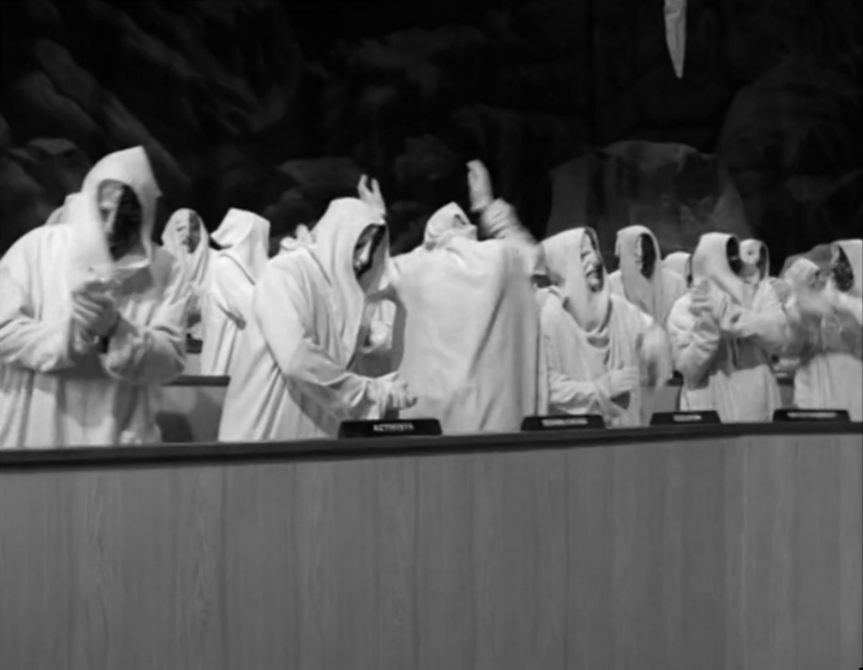

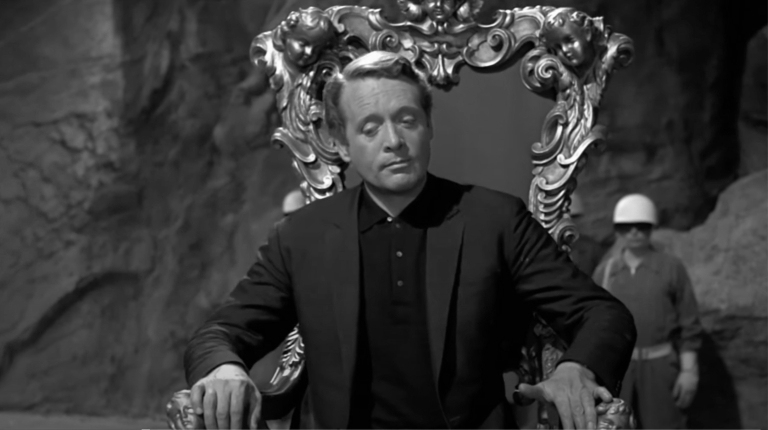
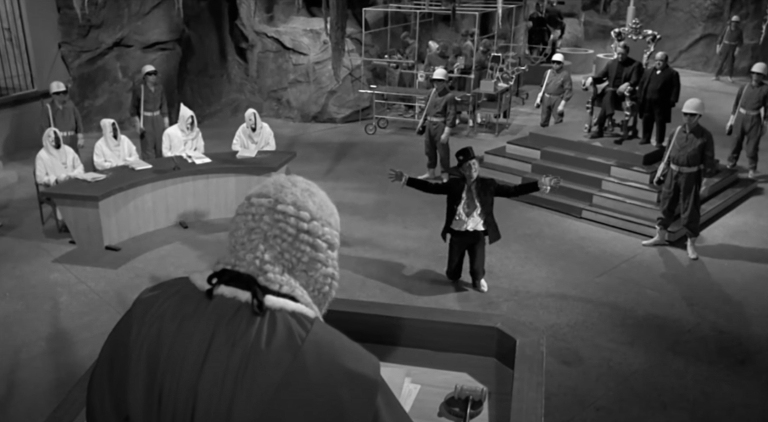
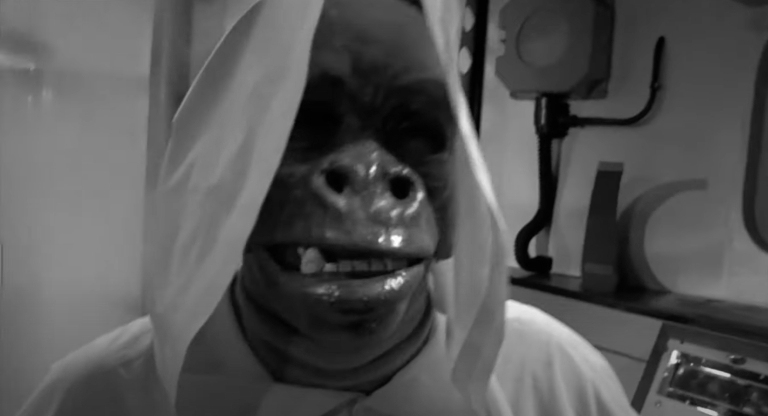
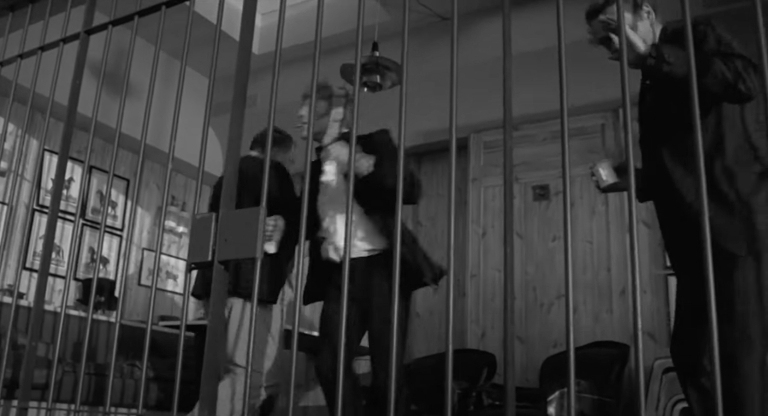

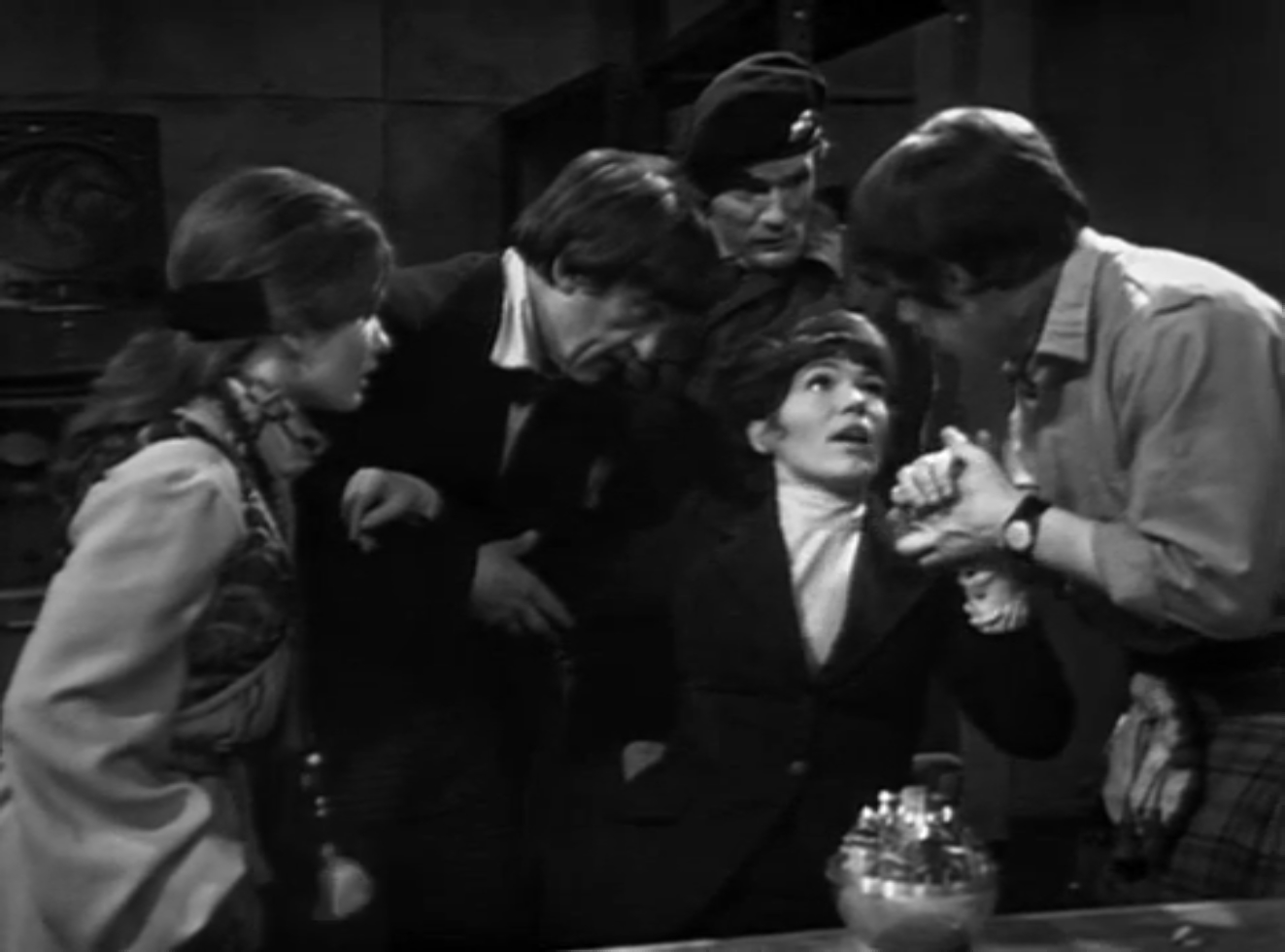
![[March 8, 1968] Inglorious (<i>Star Trek</i>: "The Omega Glory")](https://galacticjourney.org/wp-content/uploads/2023/03/680308title-672x372.jpg)












![[February 28, 1968] Zero for the Price of Two (<i>Star Trek</i>: "By Any Other Name")](https://galacticjourney.org/wp-content/uploads/2023/02/680228title-672x372.jpg)
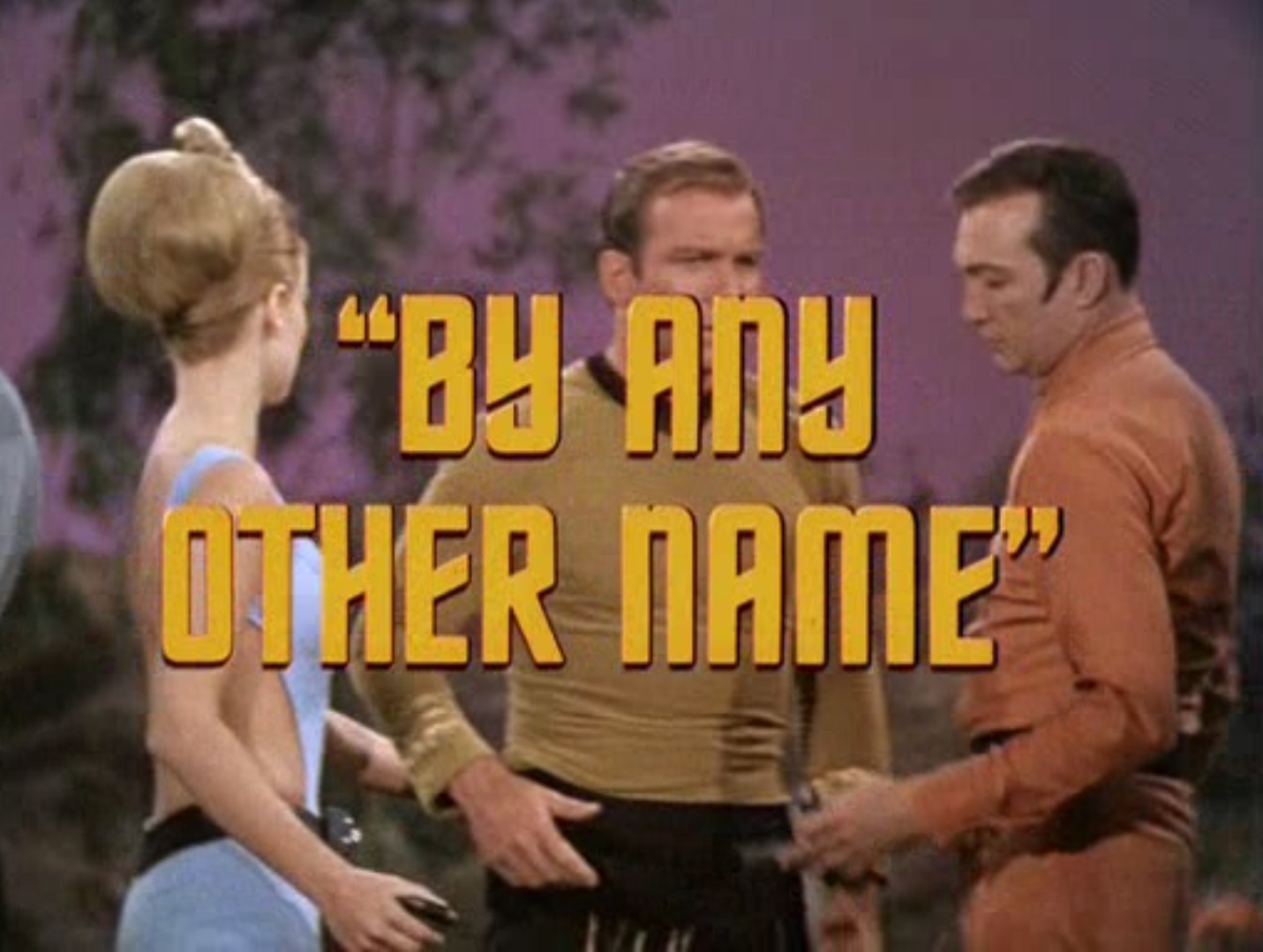


![[February 22, 1968] Reich or Wrong? (<i>Star Trek</i>: "Patterns of Force")](https://galacticjourney.org/wp-content/uploads/2023/02/680222title-672x372.jpg)
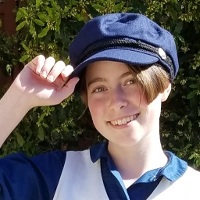






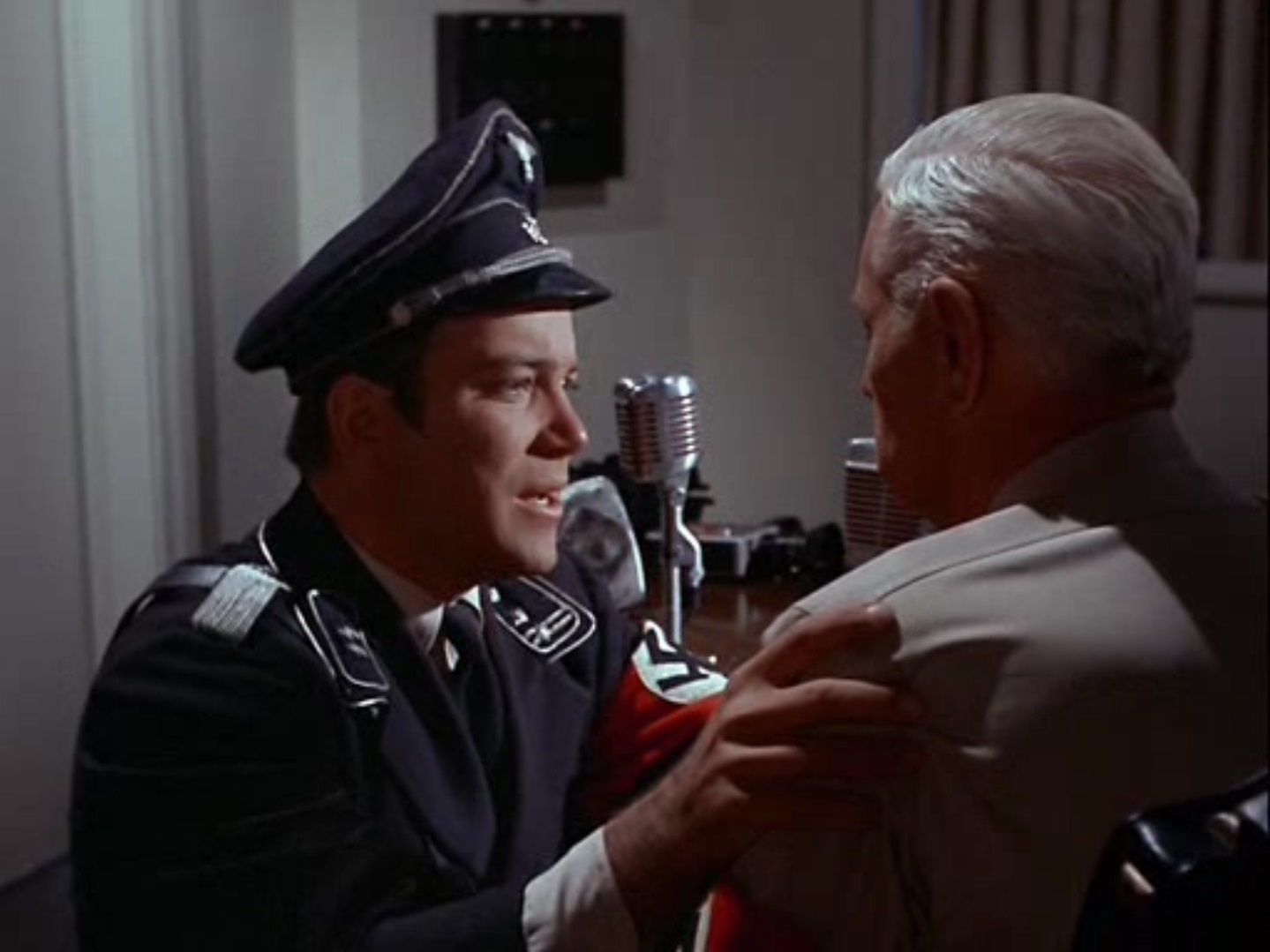





![[February 18, 1968] Yet(i) Again, London Is Under Attack (<i>Doctor Who</i>: The Web Of Fear [Part One])](https://galacticjourney.org/wp-content/uploads/2023/02/680218underground-672x372.jpg)

![[February 16, 1968] In their words (<i>Star Trek</i>: "Return to Tomorrow")](https://galacticjourney.org/wp-content/uploads/2023/02/680216title-672x372.jpg)










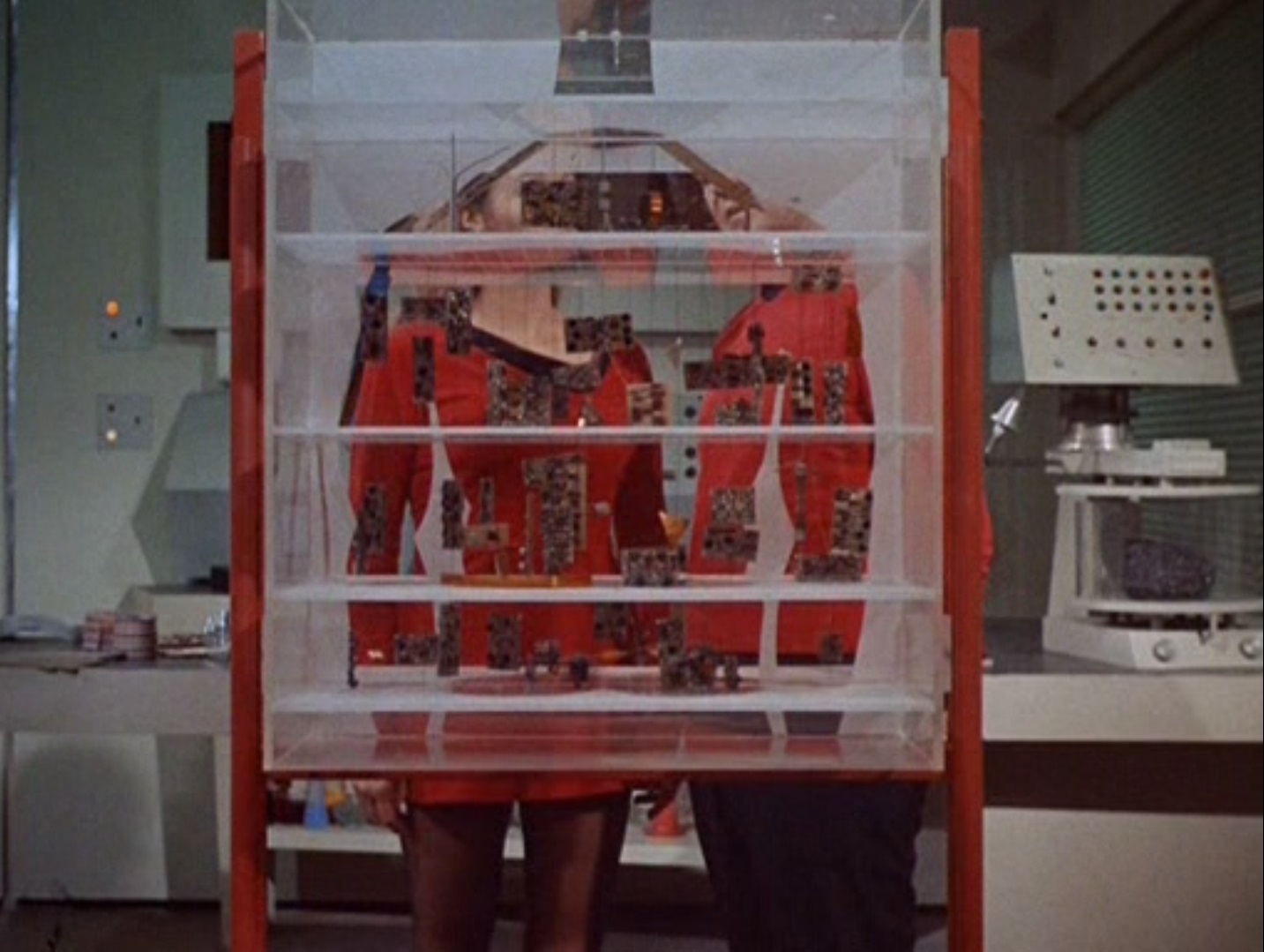

![[February 8, 1968] The Trek Offensive (<i>Star Trek</i>: "A Private Little War")](https://galacticjourney.org/wp-content/uploads/2023/02/680208title-672x372.jpg)











![[Feb. 2, 1968] All creatures great and small (<i>Star Trek</i>: "The Immunity Syndrome")](https://galacticjourney.org/wp-content/uploads/2023/01/680202title-672x372.jpg)







